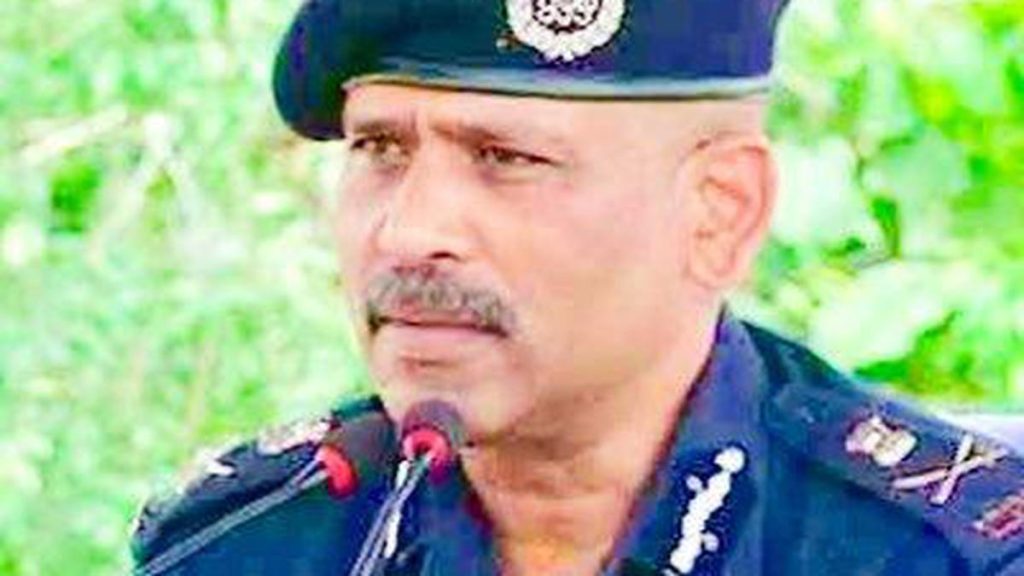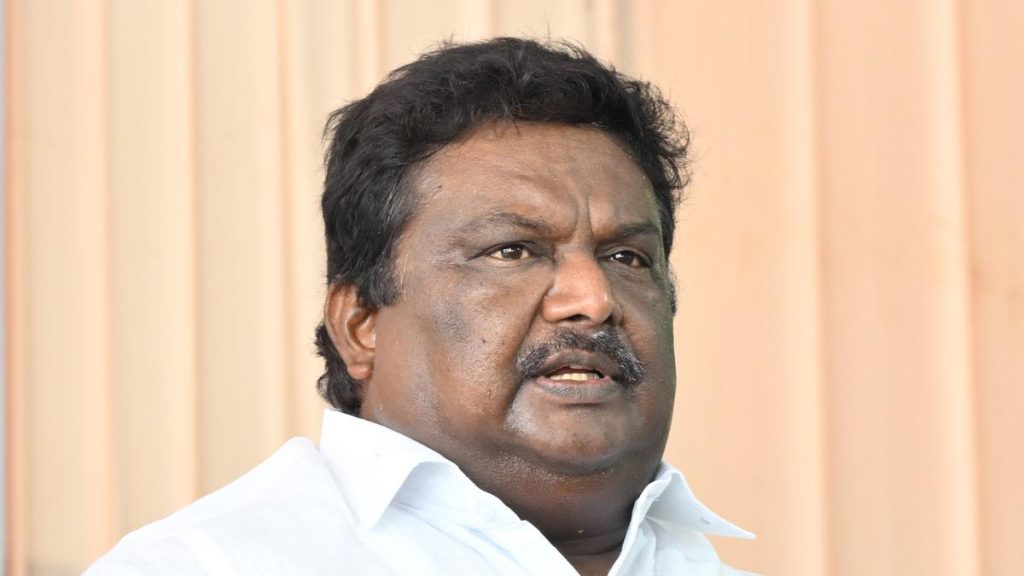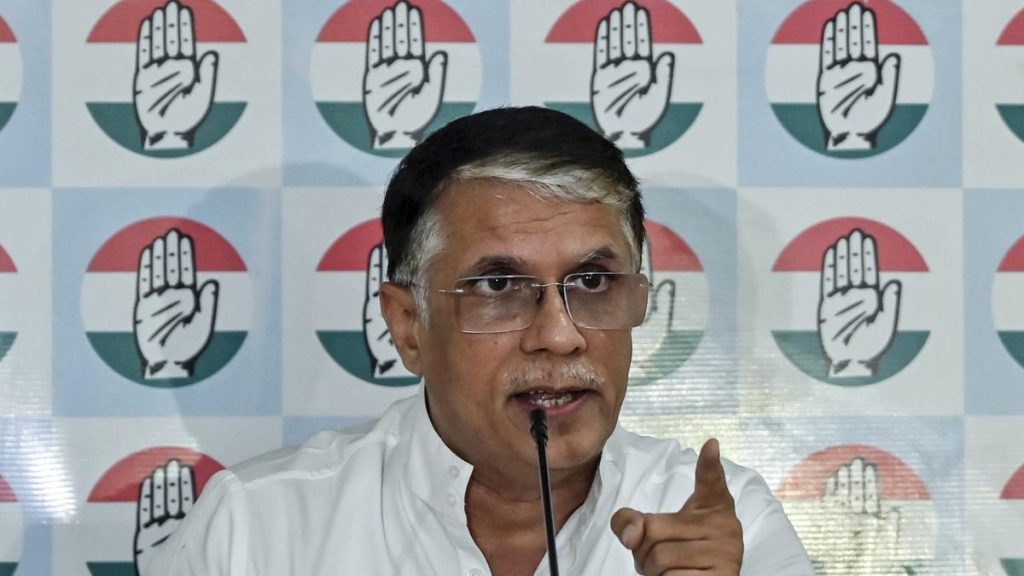Now Reading: Health Stories: The Power of Talking
-
01
Health Stories: The Power of Talking
Health Stories: The Power of Talking

The paddle plunges into the water as Paralympian athlete Curtis McGrath relentlessly drives his canoe forward. With each determined stroke, a swirling green and yellow motif of Aboriginal art is glimpsed briefly on the blade—the iconic design for the Australian Paralympic team. For McGrath, the design carries deep meaning: Called “The Journey,” it represents the connections between Paralympians and the challenges they face. This reflects McGrath’s own journey, and his embracing of sport after the traumatic loss of his legs. It seems symbolic of the idea that with a shared sense of community the human spirit can rise to the toughest challenges. Underpinning this is the understanding that talking can support healing.
Humans are social creatures and talking is widely considered essential to our health and well-being, but many people find it difficult to talk about serious illness or injury. New global research on behalf of Bupa has revealed that 49 percent of people avoided addressing health concerns, of whom a quarter said this was because of embarrassment or stigma. This was despite 82 percent of people agreeing that opening up can support their mental and physical health—particularly important when dealing with trauma, such as the loss of a limb.
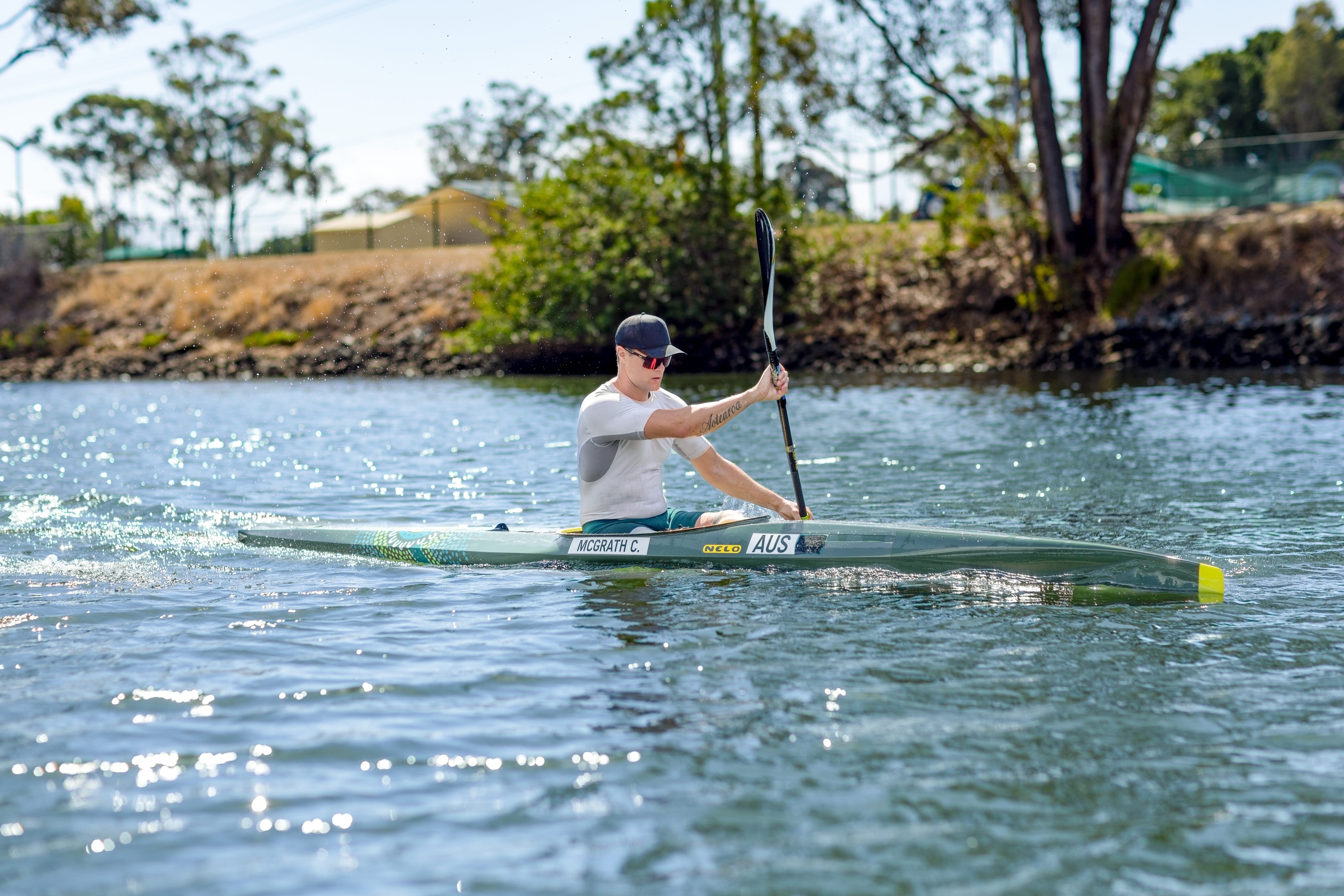
Curtis McGrath lost both his legs to an improvised explosive device (IED) while serving as a soldier in Afghanistan. For him, it was the start of a journey that has seen him excel in sport.
Photograph by Bupa
“My job was to search for landmines,” says McGrath of his military deployment to Afghanistan. “I found one with my feet. It detonated beneath me and took both my legs.” McGrath’s humor reflects the way he seems to have talked himself into acceptance of his injury. Barely 20 minutes after the explosion, fighting shock, blood loss, and excruciating pain, he famously joked, “I’ll be okay, you’ll see me in the Paralympics.” Remarkably, McGrath was already talking about his injury as a survival mechanism, keeping him conscious and perhaps starting the healing process by embracing his loss and sharing his vision for the future.
Serious injuries, like McGrath’s, come with a complex range of emotions including grief, anger, anxiety, denial, and depression. Such feelings are normal and are driven by natural concerns, especially uncertainty and fear: Uncertainty over how the injury will affect you and those around you, and fear of pain, loss of sensation, loss of control, and becoming a burden. But sharing such emotions and talking about injuries can help people to manage them.
“The human body is an amazing thing, and it is able to heal,” reflects McGrath. “But you can’t do that alone.” Talking helps us to release emotions and strengthen our relationships, improving our mental and physical health. When faced with a serious injury, talking can bring us comfort and create positive bonds that help us feel both supported and valued. It fosters understanding with those around us and reduces the sense of isolation that can come with trauma. Talking is also essential for clarifying uncertainties, especially around treatments and prognosis, helping to prevent anxieties from spiraling. In essence, talking can help someone take control of their situation and normalize their injury, finding the acceptance that is a crucial milestone along the road to recovery.
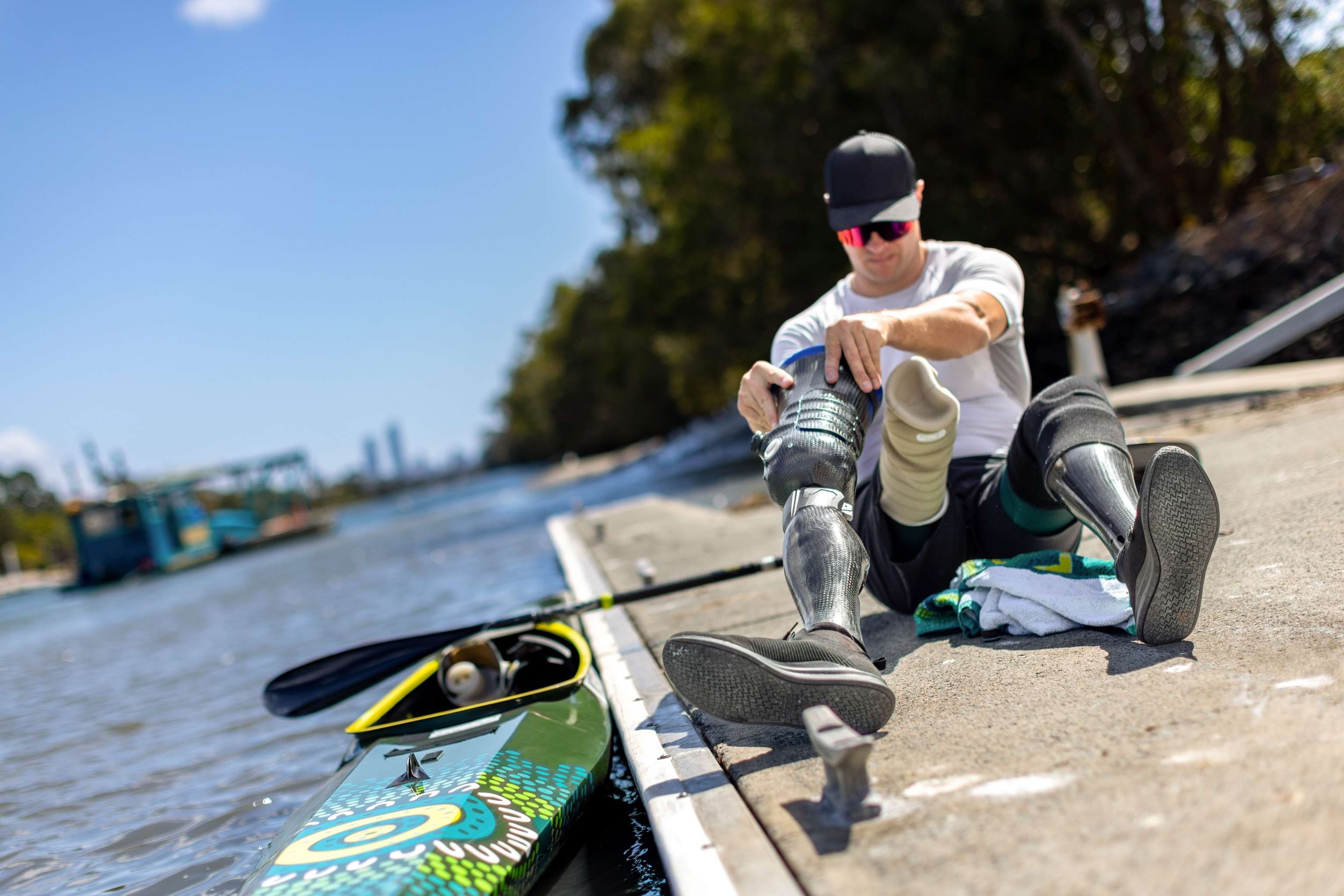
McGrath talked about becoming a Paralympian within 20 minutes of losing his legs, hinting at a mindset that was determined to accept, heal, and normalize his injuries.
Photograph by Bupa
But talking isn’t always easy. Denial is a common defense mechanism that prevents people from speaking about and ultimately accepting their injury. We’re often too shy to discuss our personal feelings and needs, perhaps afraid to open the floodgates of our emotions, however cathartic this may be. We may be embarrassed to draw attention to our injury, feeling self-conscious or even self-indulgent in mentioning it. There is also a fear of how people will react: Will it make someone uncomfortable and so push them away? But without talking, an injury can become an unhealthy elephant in the room—a third of people who kept a health concern to themselves felt their health worsen.
“For me, to have a good support network around me helped me get through those tough times,” McGrath said during an interview in 2018. Understandably, many people with serious injuries find it easier to talk with others going through the same or a similar experience. This can bring a truly authentic empathy and a fuller level of understanding that helps people come to terms with their injury on practical and emotional levels. For most conditions, there are support groups or even online forums where people can share stories, feelings, and advice—bringing connections and a sense of belonging within a supportive community. For McGrath, the community of disability sport was literally a game changer.
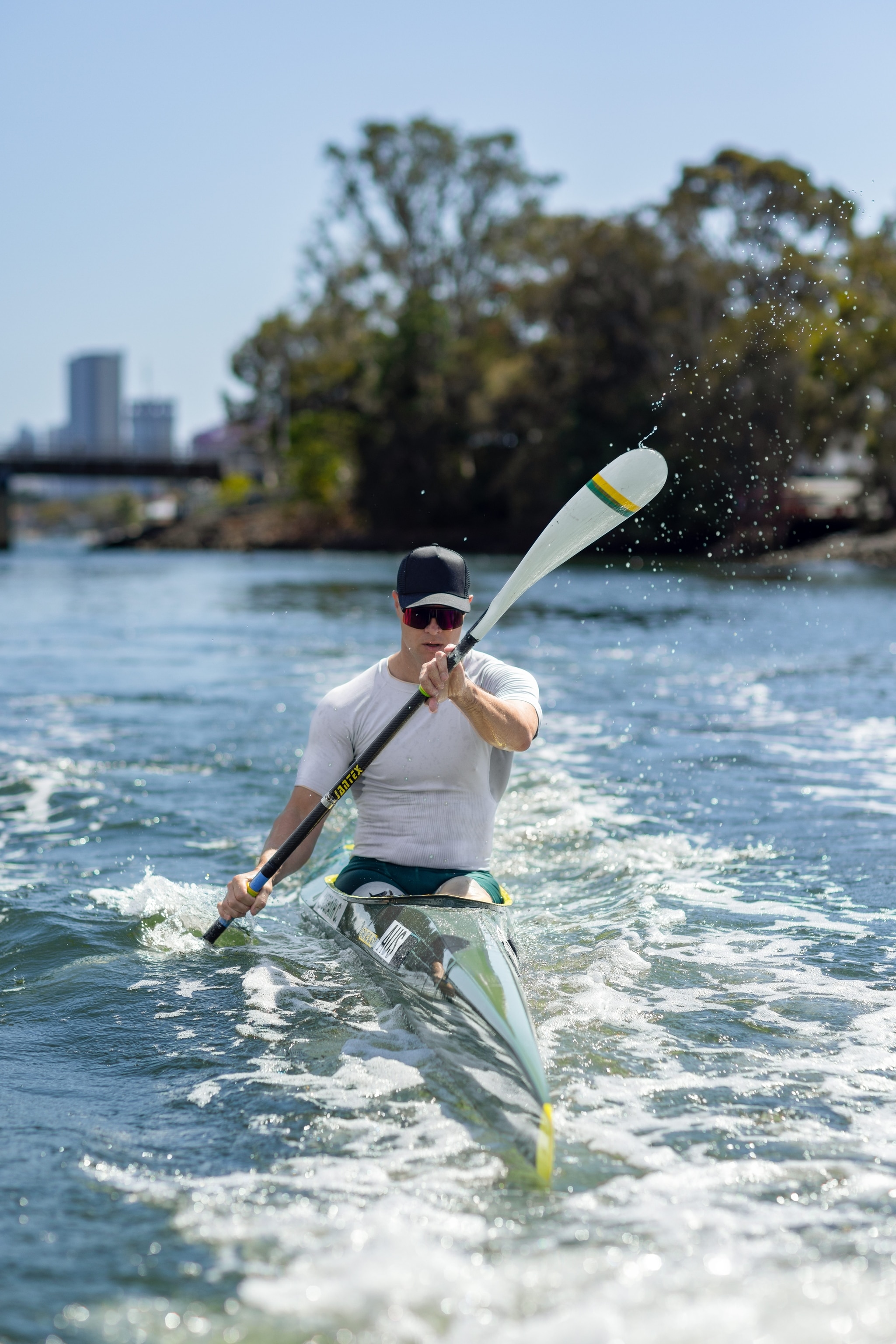
McGrath’s achievements in canoeing and kayaking have seen him win multiple gold medals at the Paralympic Games and World Championships, becoming an inspiration to many.
Photograph by Bupa
“Six months after I got hurt, I went over to the US to the Marine Trials games,” says McGrath. “I got to see people who’d been injured by IEDs [improvised explosive devices] doing things that I didn’t think were possible.” Inspired, McGrath tried a few sports before finding his passion for paracanoe that he took to the inaugural Invictus Games in London, 2014. “Going to the Invictus Games was huge,” he says. “It supports the family as well as the veteran.”
Recognizing that serious injury can significantly affect someone socially, as well as physically and psychologically, the Invictus Games are committed to helping servicemen and women recover through participation in sport—helping them and their families to cope with the life changes of illness and injury. “The Invictus Games became an important part of my life and my rehabilitation,” said McGrath. “The celebration of healing and recovery, it was an amazing experience.”
He has gone on to become an inspiration to many: His achievements in canoeing and kayaking have seen him win multiple gold medals at the Paralympic Games and World Championships. And he is as determined on land as he is on water. Keen to talk about his injury and experiences, McGrath has become a champion for people with a disability, and a motivational speaker. Alongside resilience and self-determination, he talks about the importance of communication and health, which includes partnering with international healthcare company Bupa to recognize and celebrate health in all its forms. And he’s not afraid to address the elephant in the room. “It’s important to remember that the hard times never last forever,” advises McGrath. “There’s someone out there that’s going through something similar. It’s your responsibility to reach out to talk and to see what you could be.”



